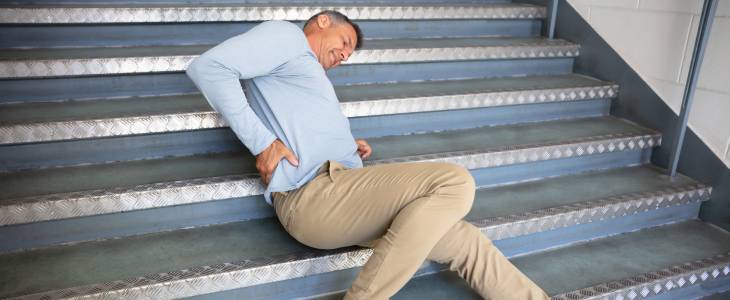You often might hear the term “slip and fall” accident. These accidents refer to situations where an individual falls and sustains injuries on someone else’s property. Slip and fall accidents at businesses in Pennsylvania are a significant concern, as they can lead to severe injuries and substantial legal liabilities. These incidents often occur due to unsafe conditions on the premises, such as wet floors, poor lighting, or uneven surfaces. Businesses are legally required to maintain safe environments for customers and employees; failing to do so can result in negligence claims. As a result, the injured party may have the right to seek compensation for their injuries. Understanding the legal framework and preventive measures is essential for business owners and individuals to mitigate risks associated with these accidents.
What Makes A Property Owner In Pennsylvania Responsible For Such Incidents?
- Duty of Care: Pennsylvania property owners have a legal obligation to keep their premises safe for visitors. The rules for slip and fall accidents on public property are governed by premises liability laws. These laws vary based on the status of the property owner (general business or private individual) and the status of the injured party (invitee, licensee, or trespasser).
General businesses, such as grocery stores or retail shops, owe the highest duty of care. They are required to maintain their premises in a reasonably safe manner, which includes conducting regular inspections and addressing known hazards. If a customer is injured due to a condition like broken concrete or ice on a sidewalk adjacent to the business, the business can be held liable if it can be proven that they should have known about the hazard.
Private property owners are held to a different standard, which varies depending on the status of the injured person. The standard is whether the injured person is an invitee, licensee, or trespasser. Invitees, who are typically invited to the property, must be protected from known hazards and potentially unknown hazards that should have been discovered.
Licensees, who enter the property for a specific purpose with the owner’s permission, must be protected from hidden dangers. Guests who enter the property for social reasons (for example, friends visiting a home). Owners must warn licensees of any non-obvious dangers that the owner is aware of. Trespassers are people who enter the property without permission and generally do not have the right to expect a duty of care, except in cases where the property owner acts in a willful or wanton manner that leads to injury. - Notice of Hazard: For a property owner to be held responsible for a slip and fall accident, it must be proven that they knew or should have known about the hazardous condition and failed to correct it or warn visitors. This is known as “constructive notice” and is often the most challenging element to prove in a slip-and-fall case.
- Causation: It must be shown that the hazardous condition directly caused the slip and fall accident. This means the injury must be a direct result of the hazard on the property, such as ice on a sidewalk, liquid on a supermarket floor, or an uneven staircase.
- Injury and Damages: The victim must prove that they suffered actual injuries or damages as a result of the slip and fall. This can include medical expenses, lost wages, pain and suffering, and other losses.
- Comparative Negligence: Pennsylvania follows a comparative negligence rule. This means that if the injured party is found to be partially at fault for the accident, their compensation may be reduced by their percentage of fault. If they are more than 50% at fault, they cannot recover any damages.
- Time Limits: Under Pennsylvania law, there is a statute of limitations for slip and fall claims. This means the injured party generally has two years after the accident to file a lawsuit.
Takeaway
In summary, a property owner in Pennsylvania can be held responsible for a slip and fall accident if they failed to maintain a safe environment, knew or should have known about the hazard, did not correct the hazard or warn of its existence, and this negligence directly led to the accident and resulting injuries. However, the specific circumstances of each case can vary, and liability can be affected by the status of the injured person and whether they contributed to their own accident. Since these rules can become complex depending on the specific circumstances of the slip and fall accident, consulting with a legal professional for a detailed understanding and evaluation of a specific case is recommended. Cooper Schall & Levy has experienced personal injury attorneys who can help you navigate your case and protect your interests. Contact our Philadelphia office for an initial complimentary consultation.


